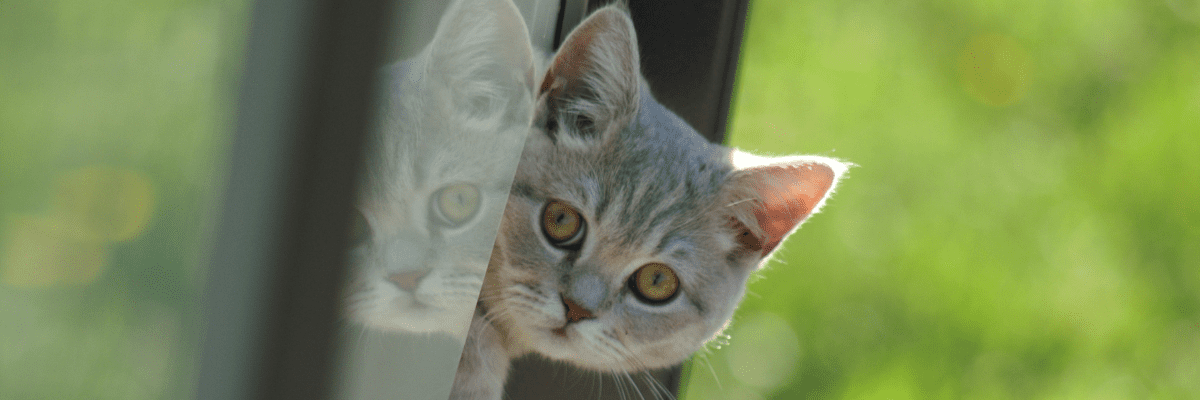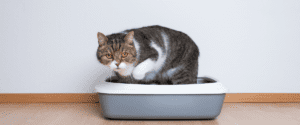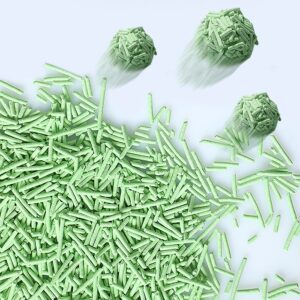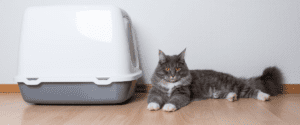As a cat owner, you know that choosing the right cat litter is crucial not only for your pet’s comfort but also for maintaining a clean and odor-free home. With the growing awareness of environmental sustainability, many cat owners are shifting towards plant-based cat litter. This guide will delve into why plant-based cat litter is a superior choice, its benefits, and how to select the best one for your needs.

Why Choose Plant-Based Cat Litter?
Plant-based cat litter is made from natural, biodegradable materials such as corn, wheat, pine, and recycled paper. Here’s why it’s an excellent choice for both your cat and the environment:
- Eco-Friendly: Traditional clay-based litters are mined through destructive processes that harm the environment. Plant-based litters, on the other hand, are renewable and decompose naturally, reducing landfill waste.
- Healthier for Cats: Some clay-based litters contain silica dust, which can cause respiratory issues in cats. Plant-based litters are dust-free and safe for your pets.
- Superior Odor Control: Many plant-based litters have natural odor-neutralizing properties. For instance, pine litter has a pleasant scent that masks ammonia odors effectively.
- Lightweight and Easy to Handle: Plant-based litters are generally lighter than clay litters, making them easier to pour and dispose of.
- Flushable and Compostable: Many plant-based litters can be flushed down the toilet or added to compost bins, offering convenient disposal options.
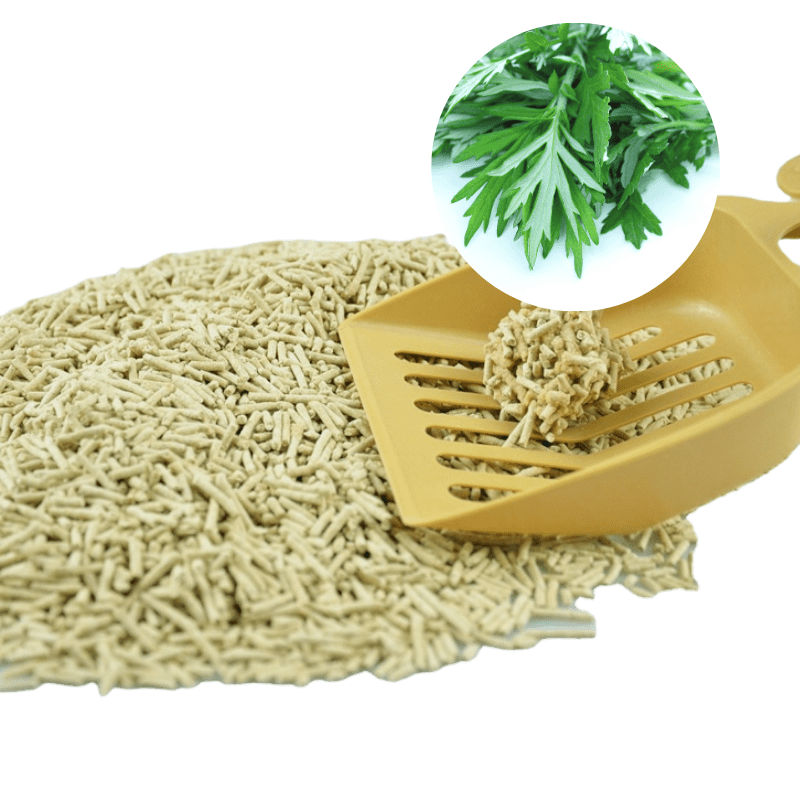
Benefits of Plant-Based Cat Litter
- Biodegradability: Unlike clay litter, which can take years to decompose, plant-based litter breaks down quickly, reducing your carbon footprint.
- Reduced Dust: Plant-based litters are typically low in dust, which is better for your cat’s respiratory health and for keeping your home cleaner.
- Natural Scent: Materials like pine and wheat have their own pleasant scents, which can help neutralize the smell of cat waste.
- Gentle on Paws: Plant-based litter is often softer on your cat’s paws, making it a more comfortable choice.
- Chemical-Free: Most plant-based litters are free from artificial fragrances and chemicals, making them a safer option for sensitive cats.
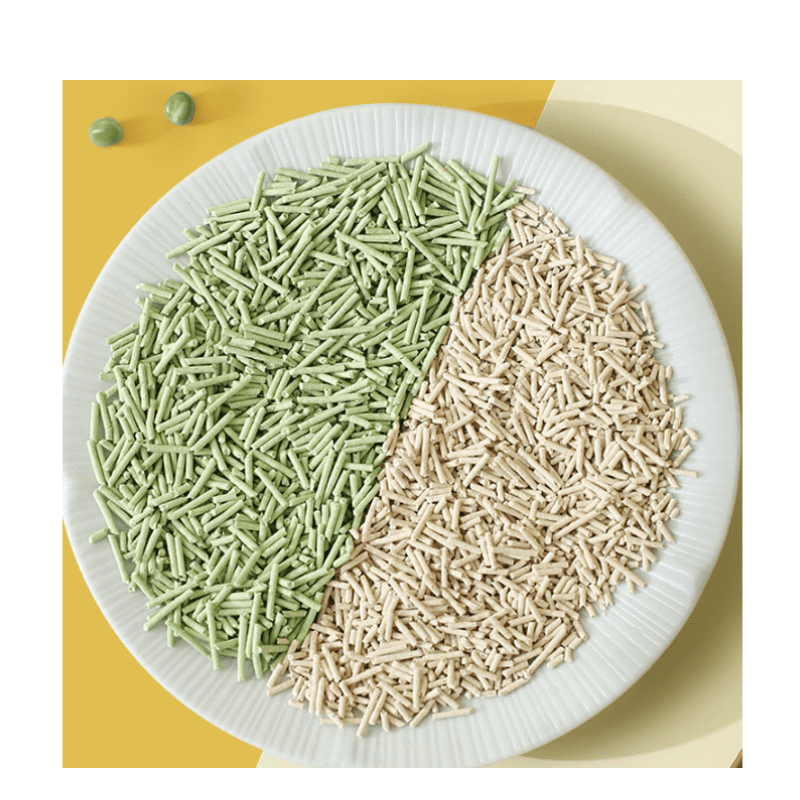
How to Choose the Best Plant-Based Cat Litter
When selecting a plant-based cat litter, consider the following factors:
- Absorbency: Look for a litter that can absorb moisture quickly and effectively to keep the litter box dry.
- Odor Control: Choose a litter with natural odor control properties. Some litters are enhanced with baking soda or activated charcoal for extra odor neutralization.
- Clumping Ability: If you prefer clumping litter, ensure the plant-based option you choose forms solid clumps that are easy to scoop.
- Texture: Consider your cat’s preference. Some cats prefer fine-grained litters, while others might like larger granules or pellets.
- Price: While plant-based litters can be more expensive than clay litters, the benefits often outweigh the cost. Look for bulk purchase options to save money.

Top Plant-Based Cat Litter Options
Here are some of the best plant-based cat litters available on the market:
- World’s Best Cat Litter: Made from whole-kernel corn, this litter is highly absorbent, clumping, and offers excellent odor control.
- ökocat Natural Wood Cat Litter: Composed of reclaimed wood, this litter is biodegradable, dust-free, and effective at controlling odors.
- sWheat Scoop Natural Cat Litter: Made from wheat, this litter is flushable, clumping, and has natural enzymes to control odors.
- Feline Pine Original Cat Litter: This non-clumping litter is made from pine and offers natural odor control with a pleasant pine scent.
- Purina Yesterday’s News: Made from recycled paper, this litter is highly absorbent and gentle on your cat’s paws.

Tips for Transitioning to Plant-Based Cat Litter
Transitioning your cat to a new type of litter can be a gradual process. Here are some tips to make the switch smoother:
- Mix Old and New Litter: Start by mixing the plant-based litter with your cat’s current litter. Gradually increase the proportion of the new litter over a week or two.
- Monitor Your Cat’s Behavior: Keep an eye on your cat to ensure they are comfortable with the new litter. Some cats may take longer to adjust, so be patient.
- Maintain Cleanliness: Ensure the litter box is kept clean during the transition period to encourage your cat to use it.
- Reward Positive Behavior: Reward your cat with treats or affection when they use the new litter to reinforce the change positively.

Common Myths About Plant-Based Cat Litter
- “It’s not as effective as clay litter.”: Plant-based litters are highly effective in absorbency and odor control, often outperforming clay litters.
- “It’s too expensive.”: While the initial cost may be higher, plant-based litters often last longer, balancing out the cost.
- “It’s not available in my area.”: Many plant-based litters are available online and can be delivered to your door.
Real-World Experiences: Testimonials
Sarah’s Story
“I switched to plant-based litter after learning about the environmental impact of clay litter. I’ve been using pine litter for six months now, and my cat loves it. The house smells fresher, and I feel good knowing I’m making an eco-friendly choice.”

John’s Experience
“My cat had respiratory issues with clay litter, so I tried corn-based litter. The difference has been amazing. My cat’s breathing is better, and the litter controls odors much more effectively.”
Conclusion: Making the Switch to Plant-Based Cat Litter
Choosing plant-based cat litter is a win-win for both your cat and the environment. It offers excellent odor control, is gentle on your pet, and supports sustainability efforts. With various options available, you can find the perfect plant-based litter to meet your needs and make a positive impact on the planet.
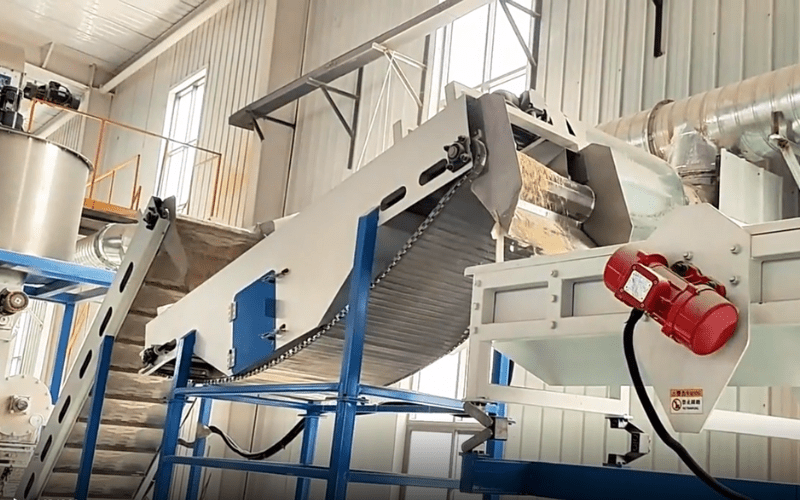
Ready to make the switch? Visit our website at Snappy Scooper to explore our range of high-quality plant-based cat litters and find the perfect fit for your feline friend. Let’s work together towards a cleaner, greener future!
By providing this comprehensive guide, we aim to help you make an informed decision about the best plant-based cat litter for your needs. Remember, the right choice can lead to a happier cat, a cleaner home, and a healthier planet. Happy scooping!
